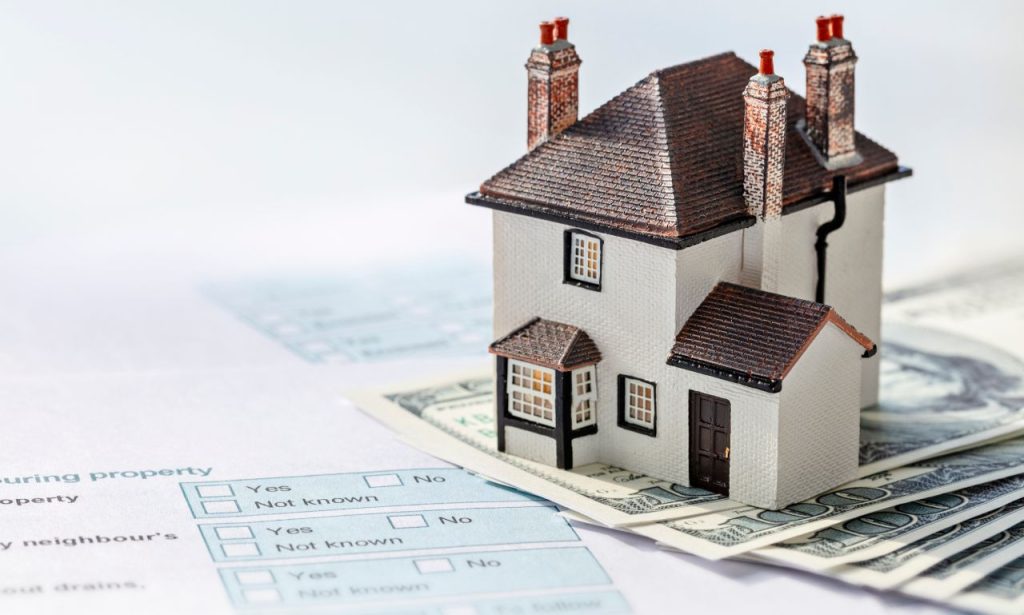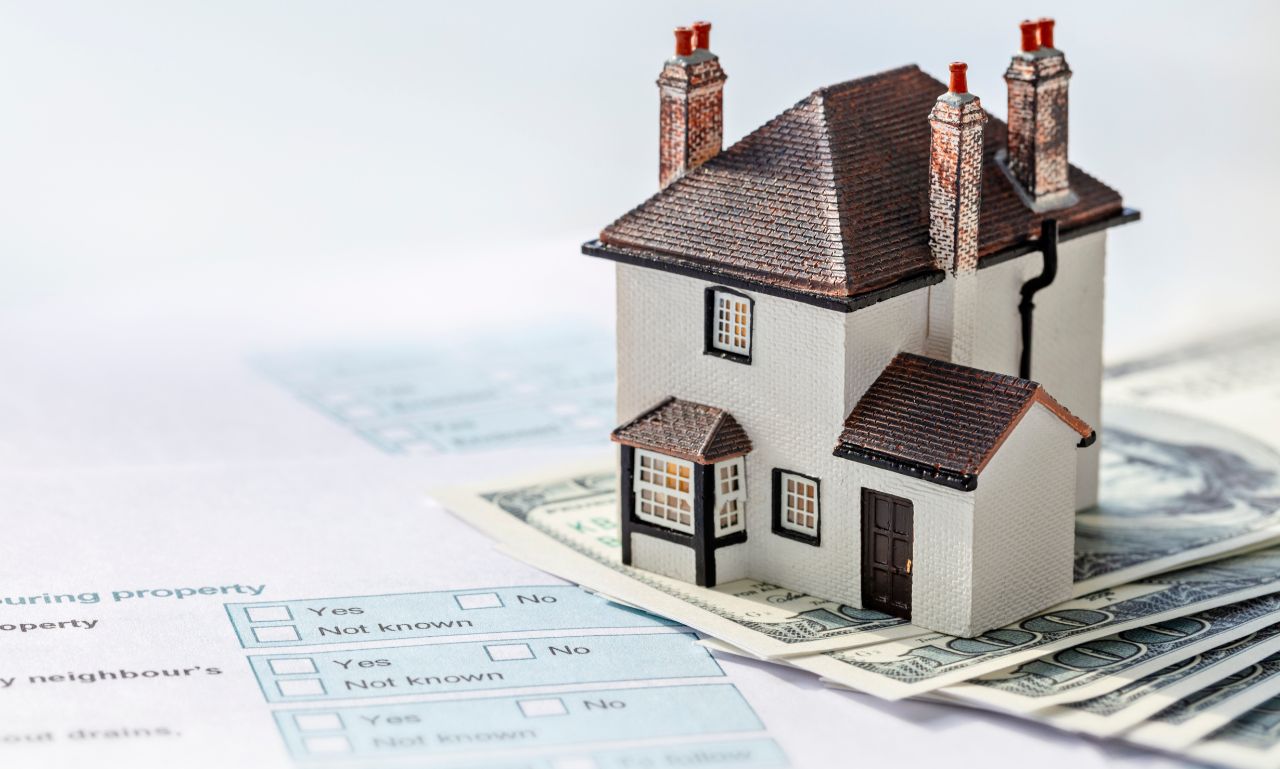Real estate isn’t just about owning a house and waiting for time to do its thing. To build significant equity in your investment property, you need to be intentional. The difference between average investors and smart, high-ROI property owners lies in the strategies they use.
In this article, you’ll discover six actionable ways to build mega equity in your investment property. From house hacking to exploring alternative financing methods, this guide covers proven techniques, real-world insights, and the tools that top investors use to maximize equity quickly. Whether you’re a first-timer or already growing your rental empire, this is where your next big leap begins.
House Hacking
If you haven’t heard of house hacking, you’re probably leaving money — and equity — on the table. House hacking is when you live in one part of your investment property and rent out the rest. It’s a strategy made popular by the FIRE (Financial Independence, Retire Early) movement, and it’s changing the way millennials view real estate.
Say you buy a four-unit residential property with an FHA loan. You live in one unit and rent out the other three. Your tenants’ rent helps cover your mortgage, property taxes, and even HOA fees if applicable. Suddenly, you’re building equity without eating into your savings. Better yet, your loan balance drops while the property appreciates over time.
It’s not just about saving money. House hacking accelerates equity by turning a personal residence into a revenue-generating machine. Even if it’s a duplex, the financial impact adds up quickly, especially in high-demand urban areas where rental demand is hot.
Renting Out Extra Space

You don’t need a full multi-unit building to increase equity. Sometimes, it’s as simple as using your property’s hidden value. Got a basement? A garage? An attic you never use? Rent it.
Accessory Dwelling Units (ADUs), converted garages, or even spare bedrooms can generate substantial income. In cities like Los Angeles and Portland, ADUs have become goldmines for passive income. Airbnb it. Lease it monthly. Rent it to digital nomads or traveling nurses. Just make sure it’s legal — check zoning laws and property insurance first.
The bottom line? If part of your property is sitting idle, it’s costing you. Every square foot should be working as hard as you do. That’s equity waiting to be unlocked.
Strategic Property Developments
Equity doesn’t always grow on its own. Sometimes you need to give it a little push.
One of the smartest moves investors make is buying a property with development potential. Think of subdividing land, building additional units, or converting a single-family home into a duplex. These aren’t small projects, but the returns can be massive.
Take Australia’s Reserve Bank data, for example — properties with approved development potential see significantly higher appreciation rates over 5 to 10 years. You’re not just improving a home; you’re creating a more valuable asset.
Strategic development is also about buying in the right place at the right time. Look for areas with planned infrastructure, new schools, or commercial centers on the horizon. Such changes can boost property value more quickly than the average market growth.
Renovating for Value Addition
This one’s a classic. Renovations done correctly can significantly increase your return on investment. But here’s the trick — not all upgrades are created equal.
A fresh coat of paint? Nice, but limited in value. Kitchen upgrades, bathroom remodels, and curb appeal enhancements? Now you’re talking. According to Remodeling Magazine’s latest Cost vs. Value Report, minor kitchen remodels can recoup over 70% of their cost. That’s not just aesthetics — it’s smart equity building.
Remember: the goal isn’t to over-improve. You’re not turning your investment property into a luxury palace. You’re targeting upgrades that increase rental return or resale value. Always compare costs with expected gains and track your cash-on-cash returns.
Please also remember to obtain the necessary permits. The last thing you want is to drop money on an illegal addition that drags down your valuation when you try to refinance.
Leveraging Modern Tools
Today’s investor has an unfair advantage — tech. Seriously, if you’re not using modern property management and real estate analytics tools, you’re missing out.
Platforms like Roofstock, Mashvisor, and PropStream give you access to property data trends, neighborhood rental demand, and net operating income projections. This isn’t guesswork — it’s calculated investing.
Automated tools also help streamline your rental business. Property management software, such as Buildium or AppFolio, can handle tenant communication, collect rent, and even track expenses for tax purposes. By freeing up time and reducing overhead, you improve your net cash flow, which directly boosts equity when applied toward your mortgage.
Smart investors don’t just buy and wait. They analyze, optimize, and scale with the help of technology.
Automating Investment Management
Managing a rental shouldn’t feel like a second job. With automation, it doesn’t have to be that way.
Automating your investment management means setting up systems that run the property without your constant involvement. This includes automated rent reminders, maintenance request platforms, and accounting integrations that track your equity growth in real time.
Take Stessa, for instance — it syncs with your bank account and updates your property value using current market trends. You’ll know your equity position monthly, not just when refinancing. That’s power.
The less time you spend on admin, the more time you have to grow your portfolio. Automated processes protect your time, reduce human error, and ensure consistent property performance, which keeps equity growing like a well-watered plant.
Alternative Financing Methods
One of the most underrated ways to build equity fast? Financing — or rather, refinancing smartly.
Using cash-out refinance options or home equity loans, you can reinvest in renovations or additional properties. Hard money loans may be higher risk, but they enable faster flips and larger gains when used correctly. Then there are FHA and VA loans — perfect for first-time investors looking to house hack with low down payments.
Private money loans and partnerships offer even more flexibility. The key is to constantly evaluate lending criteria and interest-only options with your long-term goals in mind. Don’t just take a loan — leverage it.
Done right, alternative financing isn’t debt. It’s a growth engine.
Exploring Self-Directed IRA Options
You’ve likely heard of retirement accounts, but did you know that your IRA can also own real estate? That’s right — with a self-directed IRA (SDIRA), your retirement dollars can buy rental properties, and all the income and gains go back into your account tax-deferred or tax-free.
It’s one of the best-kept secrets in real estate investing. While mutual funds and stocks are traditional, real estate inside an IRA allows for tangible asset control and diversification.
Companies like Equity Trust and uDirect IRA Services specialize in helping investors use this method. Just be mindful of tax implications and prohibited transactions. You’ll want a trusted custodian and possibly a savvy financial advisor.
For investors playing the long game, SDIRAs can supercharge retirement savings while simultaneously building equity through appreciating real estate.
Professional Advice for Investors
Let’s get real: Google searches only get you so far. To truly build mega wealth, you need insights from people who have done it before.
Connecting with experienced investors — either through networking events, property investing seminars, or mastermind groups — can give you access to strategies that haven’t hit the blogs yet. These are the marketing angles, deal structures, and negotiation tactics that unlock exponential growth.
You’ll also want to build a team: a real estate agent who knows your market, a mortgage broker who understands investment strategies, and a property manager who protects your asset.
This isn’t a solo sport. With proper guidance, your equity curve climbs much more quickly.
Staying Attuned to Market Dynamics

Timing matters. Always has. Always will.
Successful investors don’t just buy and hold — they monitor. They read local market reports, track mortgage rates, understand changes in lending criteria, and stay ahead of zoning law updates.
When you stay informed, you move fast. You refinance when rates drop. You sell when the neighborhood hits peak demand. You buy when opportunity knocks, not after it’s gone viral on TikTok.
Understanding market dynamics isn’t about predicting the future — it’s about being prepared for it. That’s the investor’s edge.
Conclusion
There you have it — six ways to build mega equity in your investment property that go beyond the typical “buy and wait” advice. Whether it’s through innovative use of space, strategic development, or leveraging modern tools, the path to real estate wealth is wide open.
Remember: equity isn’t something you hope for — it’s something you build. And with the right strategies, mindset, and team, you’re not just investing; you’re building. You’re growing your future.
Want to take your investment property to the next level? Start with one of these strategies this month. Track your results. Adjust. And build that mega equity like a pro.
FAQs
A: House hacking, innovative renovations, and strategic developments offer the fastest equity growth.
A: Yes, using a home equity loan or cash-out refinance can fund value-adding improvements.
A: It depends on local zoning laws. Always check with local regulations before listing your property.
A: It’s a retirement account that allows you to invest in real estate and grow wealth tax-deferred or tax-free.
A: Use tools like Mashvisor, PropStream, and local market reports to stay updated.
